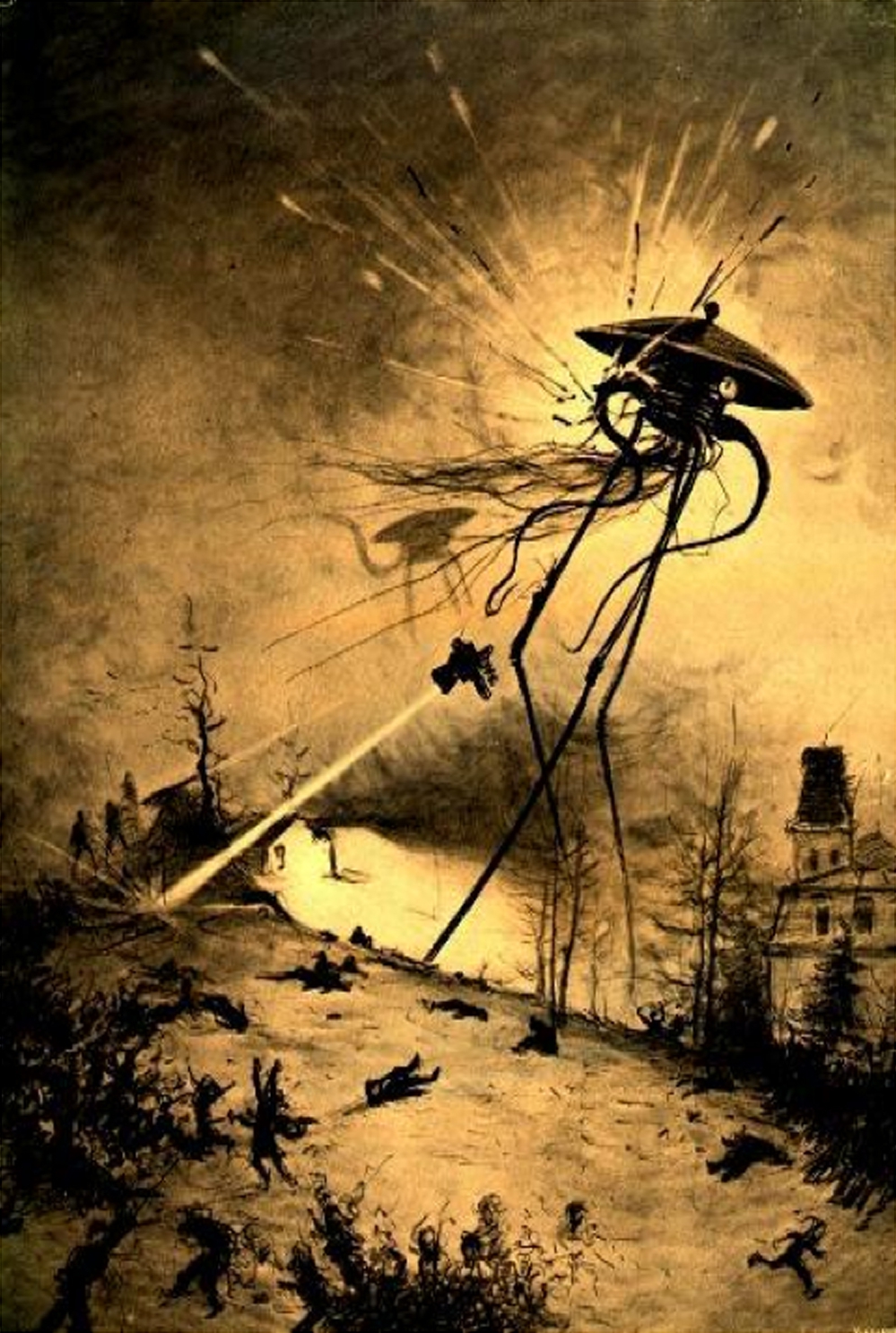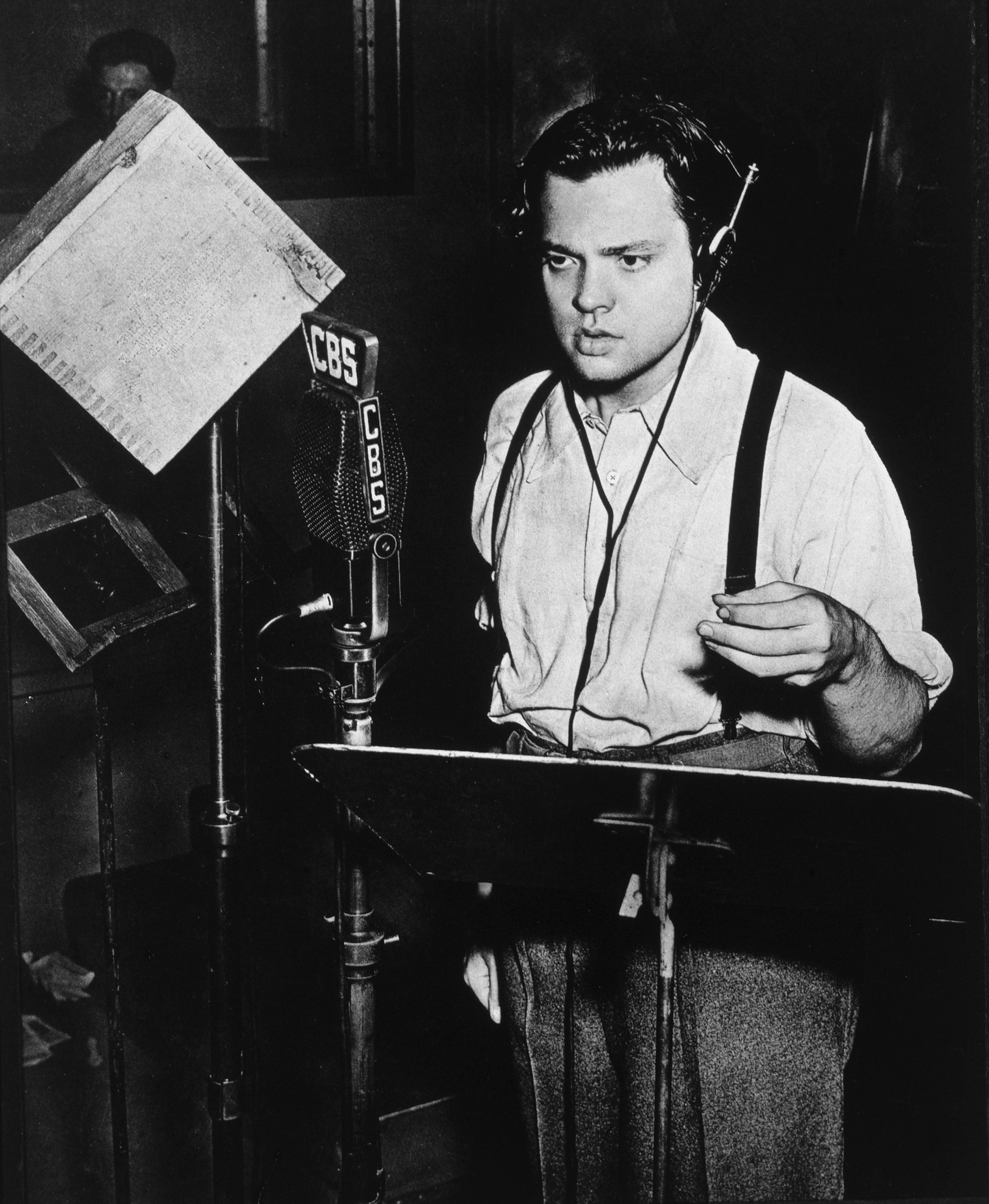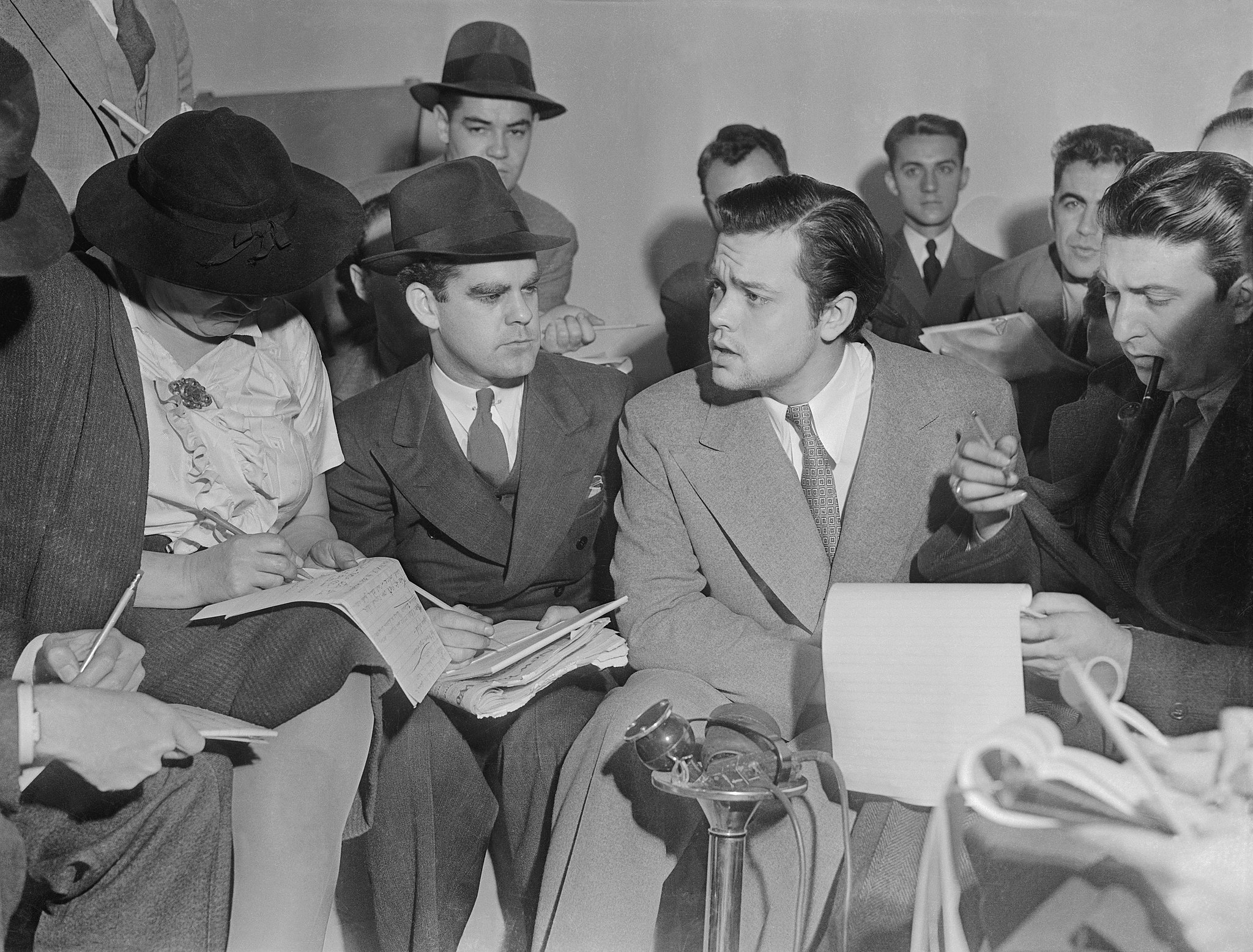Perri Cutten: A Timeless Legacy in Fashion
Remembering Perri Cutten: A trailblazing Australian fashion designer whose timeless elegance and...

 Search...
Search...
The dramatic The War of the Worlds episode from Orson Welles' series The Mercury Theatre on the Air aired as a Halloween special on October 30, 1938, and allegedly caused major panic to the listening United States audience.
The one-hour program narrated by actor and future filmmaker Orson Welles began with the show's theme music followed by an announcement that the upcoming episode was to be an adaptation of H. G. Wells' The War of the Worlds.
Welles continued to read a prologue which was loosely based around the original novel's opening, modified to set the story in 1939. The next twenty minutes of broadcast aired as typical evening radio with a series of daunting news bulletin interruptions - unusual explosions observed on Mars, strange cylindrical objects landing on New Jersey farmland with police and crowds surrounding them. The situation escalated when a panicked reporter said Martians were emerging and attacking people with heat-rays. More panic-driven news updates followed describing the alien invasion unfolding around the country.

The first part of the historic air-show peaked when more live reports from Manhattan emerged describing giant Martian-like machines unleashing poisonous gases across New York City. The next reporter on air described Martian cylinders landing all over the world and desperate New Yorkers were "dropping like flies". Eventually the reporter coughed and silence filled the airwaves… until a mournful voice emerged and said "Is there anyone on the air? Isn't there... anyone?".
By this time hysteria had apparently swept the country - the scale of which is debatable as the regular program was said to have very few listeners.
The second half of the show shifts to more conventional radio and follows the story of a survivor coping with the invasion aftermath. The broadcast finally wrapped up with a brief "out of character" announcement by Welles cheerfully comparing the show to "dressing up in a sheet, jumping out of a bush and saying 'Boo!'"

The production behind the simulated live newscast of The War of the Worlds grew from Welles who pitched the fake newscast idea to producer John Houseman and associate producer Paul Stewart. On Monday, October 24 they all agreed to assign American playwright and screenwriter Howard Koch the job of adapting The War of the Worlds.
By Tuesday night Koch was in deep distress saying he couldn't make the script exciting for radio. Houseman reassured Koch and together they worked on the script through the night, finishing the draft on schedule Wednesday.
On Thursday, Welles viewed the script as dull and stressed the importance of inserting news flashes and eyewitness accounts to create a sense of urgency and excitement. Rehearsal day with the sound effects team was on Saturday where special attention was given to crowd scenes, cannon fire, and boat horns in New York Harbor.
Sunday afternoon was upon them and Bernard Herrmann and his orchestra arrived in the studio where Welles was pumped to broadcast the evening's thrilling program.

At approximately 8:30pm on Halloween eve, Producer John Houseman said that CBS supervisor Davidson Taylor took a call in the control room, returning moments later, "pale as death". He had been told to stop the The War of the Worlds broadcast immediately and ordered to give an announcement that the program was fictional. However, by the time this order was given, the program was less than a minute away from its first break, and the hysteria had already been unleashed.
Because some listeners heard only a portion of the broadcast, coupled with people's anxiety prior to World War II, they simply mistook the broadcast for genuine news. Thousands of people rushed to share the false reports with others - even contacting police to ask if the broadcast was real. Many newspapers assumed the large number of concerned reports and calls merely proved the mass panic sweeping the country was real, such behavior however was said not to be so widespread.
Within three weeks, newspapers had published at least 12,500 articles about the broadcast and its impact.

Orson Welles and the Mercury Theatre on the Air were inducted into the Radio Hall of Fame in 1988 and in 2003 The War of the Worlds was one of the first 50 recordings to form part of the National Recording Registry of the Library of Congress.
"This isn't a war… It never was a war, any more than there's war between men and ants." ― H.G. Wells, The War of the Worlds
By Kirsten Jakubenko
Sources